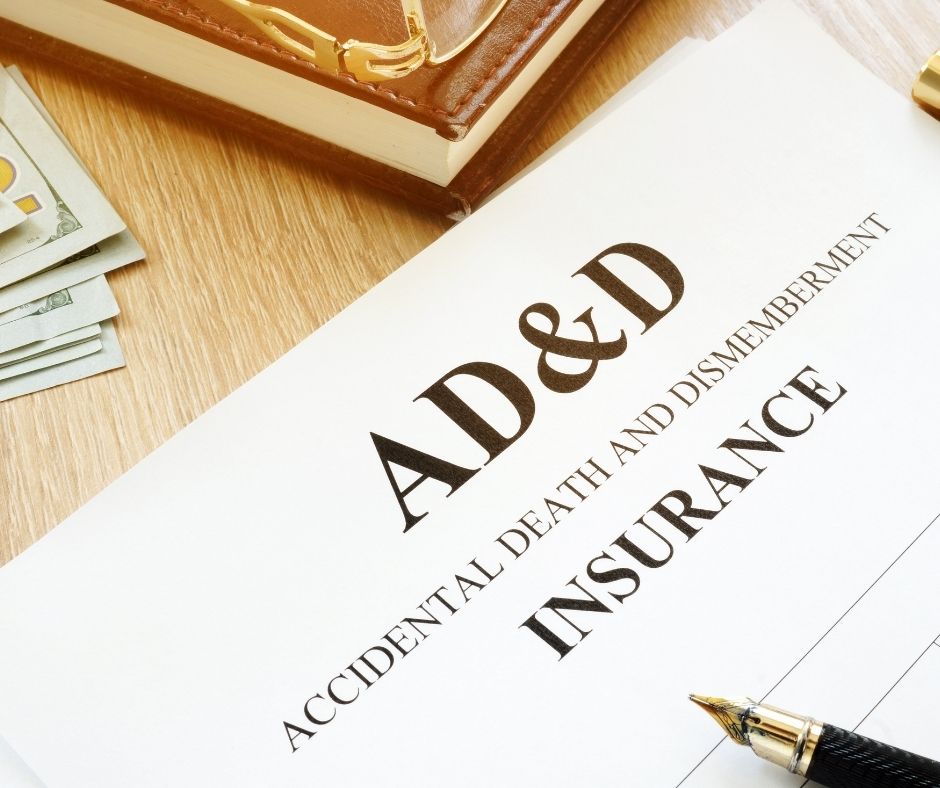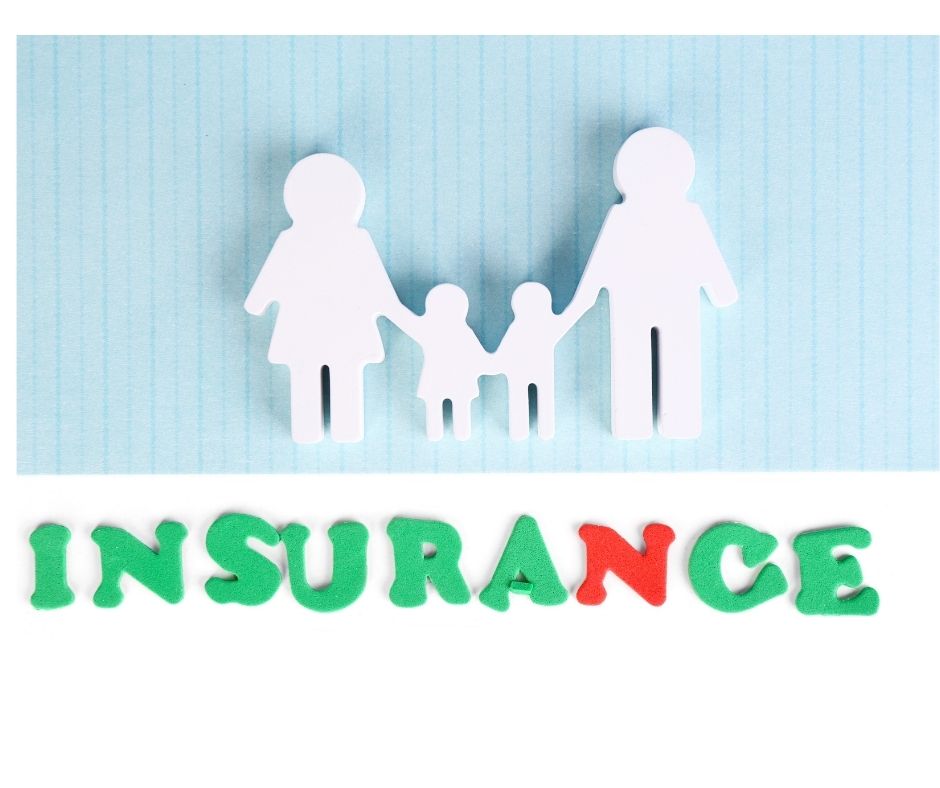arkansas mom accidental death
Family members and loved ones may require financial assistance in the event of an accident death. This product is only available if you die from an accident covered by the policy terms. To be covered, you don't need to undergo a medical exam.



